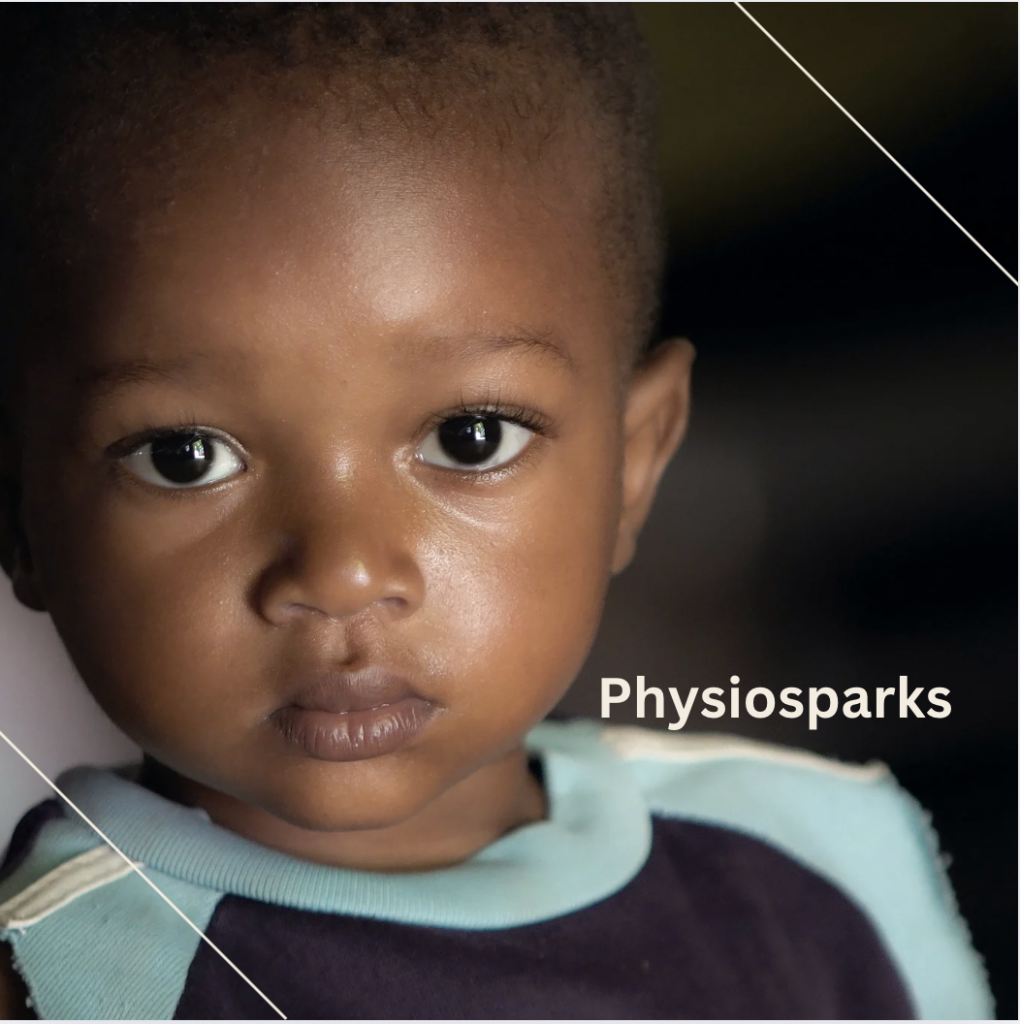Navigating the Challenges of Caring for Children with Rare Conditions: Insights from Caregivers

Caring for a child with arthrogryposis multiplex congenita (AMC) is a journey filled with challenges and emotional highs and lows. AMC is a rare condition that affects muscles and joints, requiring extensive medical care and long-term follow-up. For caregivers, this means navigating a complex web of responsibilities and emotions.
One of the biggest challenges caregivers face is the financial strain. The cost of medical care, frequent hospital visits, and specialized equipment can quickly add up, putting a significant burden on families. Many caregivers find themselves making difficult decisions about their jobs and finances to ensure their child receives the best possible care.
The emotional toll of caregiving cannot be understated. Caregivers often experience stress, anxiety, and exhaustion as they juggle medical appointments, treatments, and daily care routines. The constant worry about their child’s health and future can be overwhelming. Despite these challenges, caregivers show remarkable resilience and dedication.
Support systems play a crucial role in the lives of caregivers. Family, friends, and healthcare professionals provide much-needed emotional and practical support. However, not all caregivers have access to strong support networks, which can make their journey even more challenging.
Managing and coordinating care for a child with AMC is a complex task. Caregivers must keep track of numerous medical appointments, therapies, and treatments. This can be overwhelming, especially when dealing with the unpredictable nature of the condition. Effective communication with healthcare providers and a well-organized care plan are essential for managing these challenges.
Supporting the child’s growth and development is a top priority for caregivers. They strive to ensure their child reaches their full potential, despite the limitations imposed by AMC. This often involves advocating for educational resources, therapy services, and social opportunities to help their child thrive.
Caregivers also highlighted the need for support groups and resources to help youths transition into adolescence. These insights are crucial for informing resource allocation, policymaking, and support services for children with rare conditions and their families.
In conclusion, the experiences of caregivers of children with AMC underscore the need for comprehensive support systems. By understanding their challenges and needs, we can better support these families and improve the quality of care for children with rare conditions. The journey may be tough, but with the right support, caregivers and their children can navigate the challenges and find hope and resilience along the way.
Written by: Rose Uzoma Elekanachi (PT, Ph.D.)
